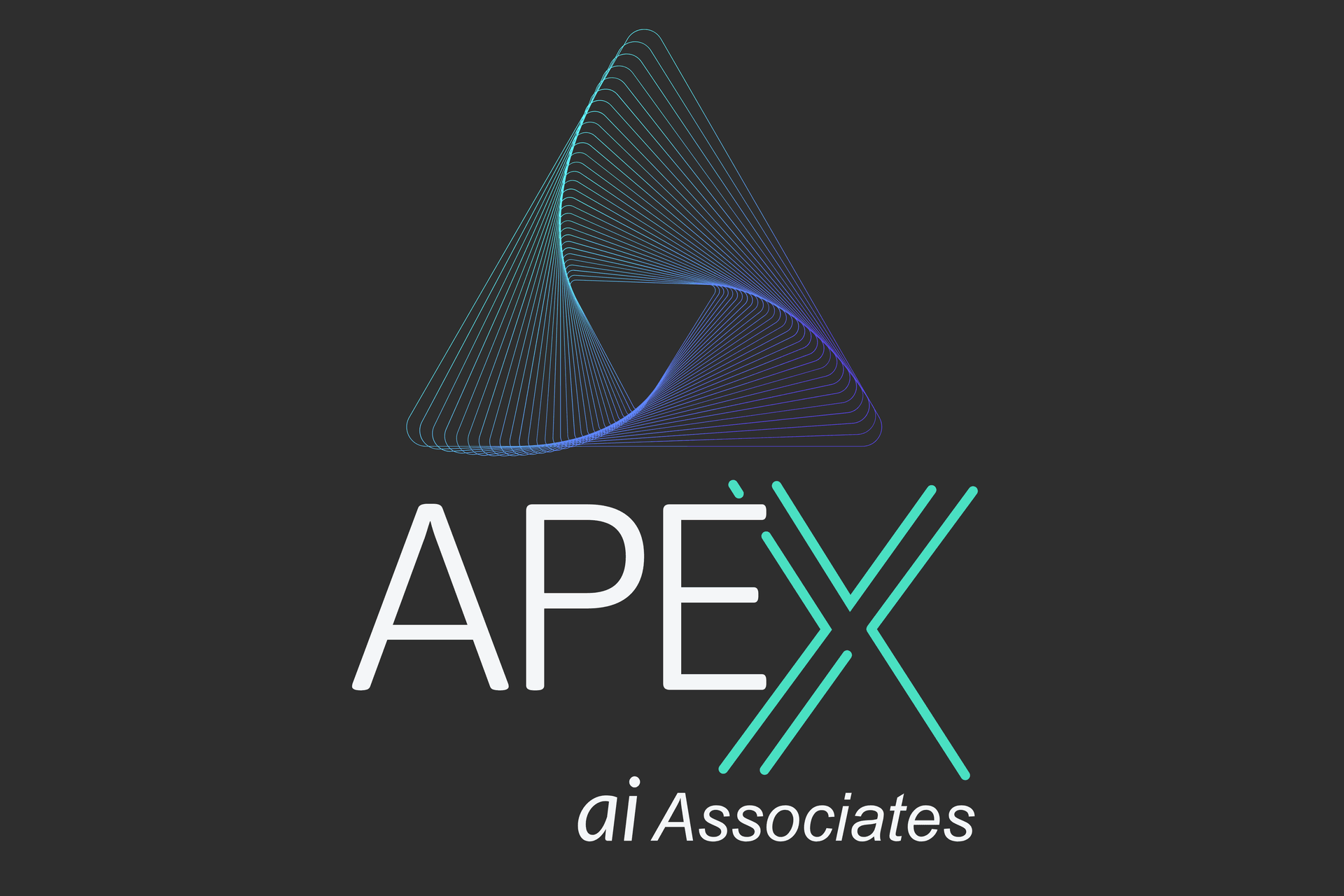Top AI Trends to Watch: How They Affect Your Strategy
Understanding the Impact of AI on Business Strategy
Artificial Intelligence (AI) is no longer a futuristic concept; it is a present-day reality reshaping the business landscape. Companies across various industries are integrating AI into their strategies to drive efficiency, enhance customer experience, and gain competitive advantages. Understanding the top AI trends and their implications can help businesses navigate this complex landscape and optimize their strategies effectively.
The Rise of Machine Learning
Machine Learning (ML) is a subset of AI that enables systems to learn and improve from experience without being explicitly programmed. Businesses are leveraging ML to analyze vast amounts of data, predict trends, and make informed decisions. Its applications range from personalized marketing campaigns to fraud detection and risk management. Understanding how ML can be integrated into your business processes is crucial for staying ahead of the competition.

AI-Powered Automation
Automation has been at the forefront of business innovation, and AI is taking it to new heights. From chatbots providing 24/7 customer service to robotic process automation (RPA) streamlining repetitive tasks, AI-powered automation is transforming operational efficiency. By automating mundane tasks, businesses can focus on strategic initiatives that deliver greater value.
Natural Language Processing Advances
Natural Language Processing (NLP) is enabling machines to understand and interpret human language with remarkable accuracy. This advancement has led to significant improvements in customer interaction through AI-driven chatbots and virtual assistants. Businesses are now equipped to offer personalized experiences and resolve customer queries more effectively, enhancing overall satisfaction and loyalty.

The Role of AI in Data Analytics
Data is often referred to as the new oil, and AI is the engine that drives its value. AI-driven data analytics provides businesses with actionable insights by identifying patterns and trends that might be invisible to the human eye. This capability allows companies to make data-driven decisions, optimizing everything from product development to marketing strategies.
Ethical Considerations and AI
As AI continues to evolve, ethical considerations are becoming increasingly important. Issues such as data privacy, algorithmic bias, and transparency are at the forefront of discussions around AI implementation. Businesses must ensure that their AI strategies align with ethical standards and regulations to maintain trust with customers and stakeholders.

Preparing for Future AI Innovations
The world of AI is dynamic, with continuous innovations shaping its future. Businesses must stay informed about emerging technologies such as neural networks, computer vision, and generative AI models. By keeping abreast of these developments, companies can adapt their strategies and capitalize on new opportunities as they arise.
Integrating AI into Your Business Strategy
To effectively integrate AI into your business strategy, consider the following steps:
- Identify areas where AI can add value: Look for processes that can benefit from automation or improved data analysis.
- Invest in AI talent: Build a team with the necessary skills to implement and manage AI technologies.
- Start small and scale: Begin with pilot projects to test AI applications before scaling them across the organization.
- Collaborate with AI experts: Partner with specialized firms or consultants to gain insights and accelerate adoption.
By understanding these top AI trends and their implications, businesses can strategically position themselves for success in an increasingly digital world. Embracing AI not only enhances operational efficiency but also opens doors to innovation and growth.
